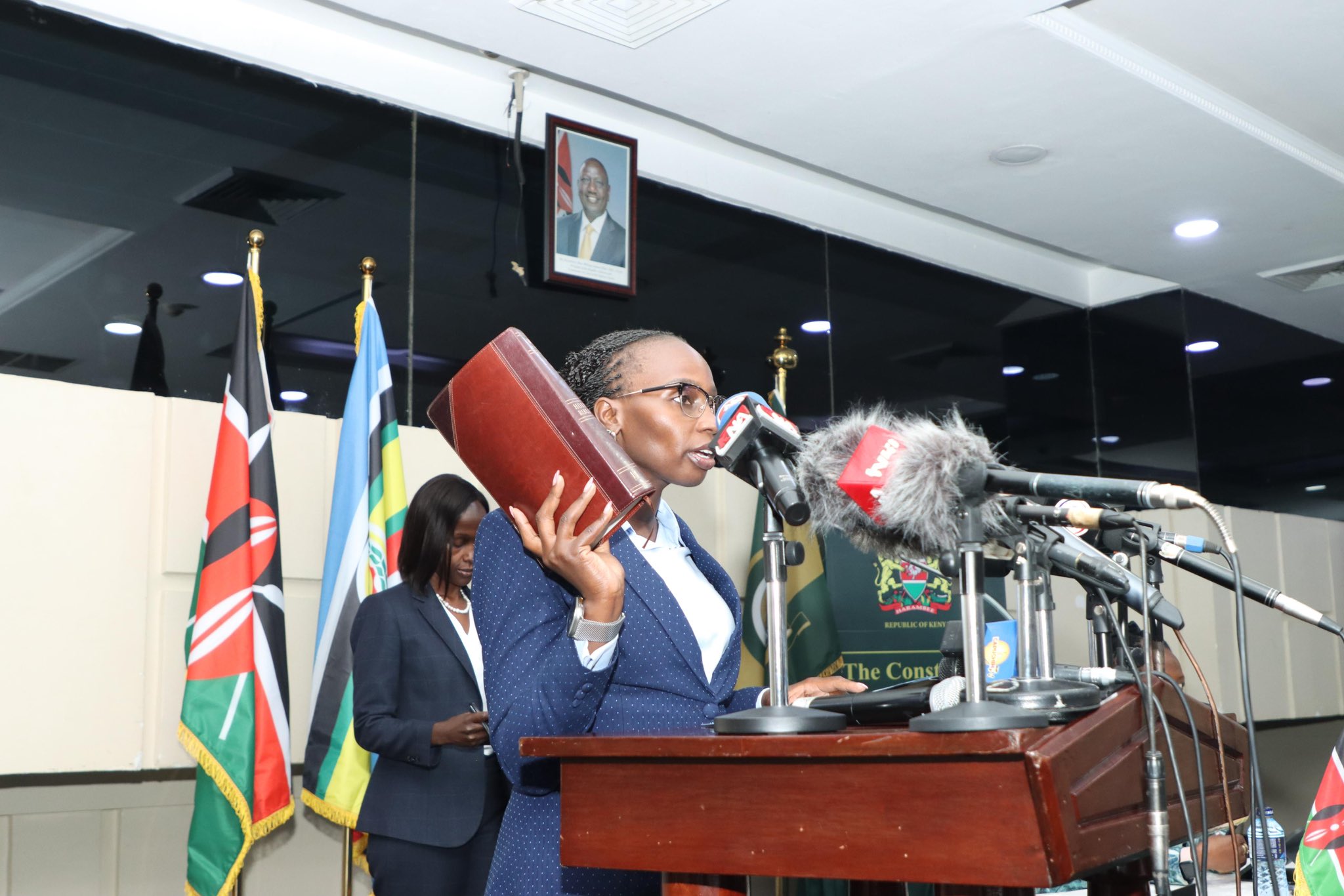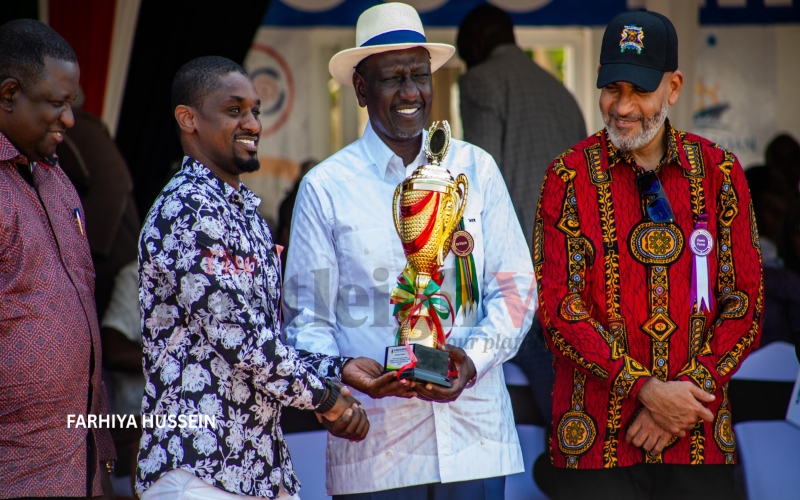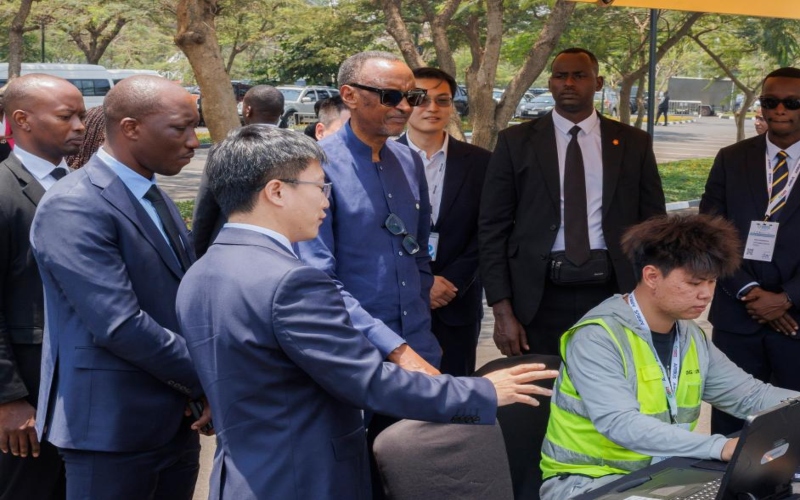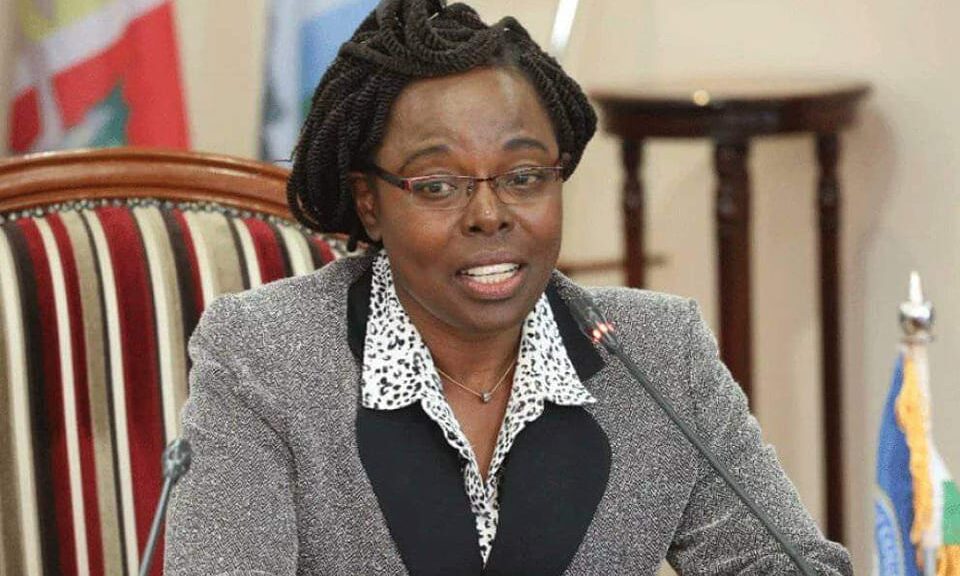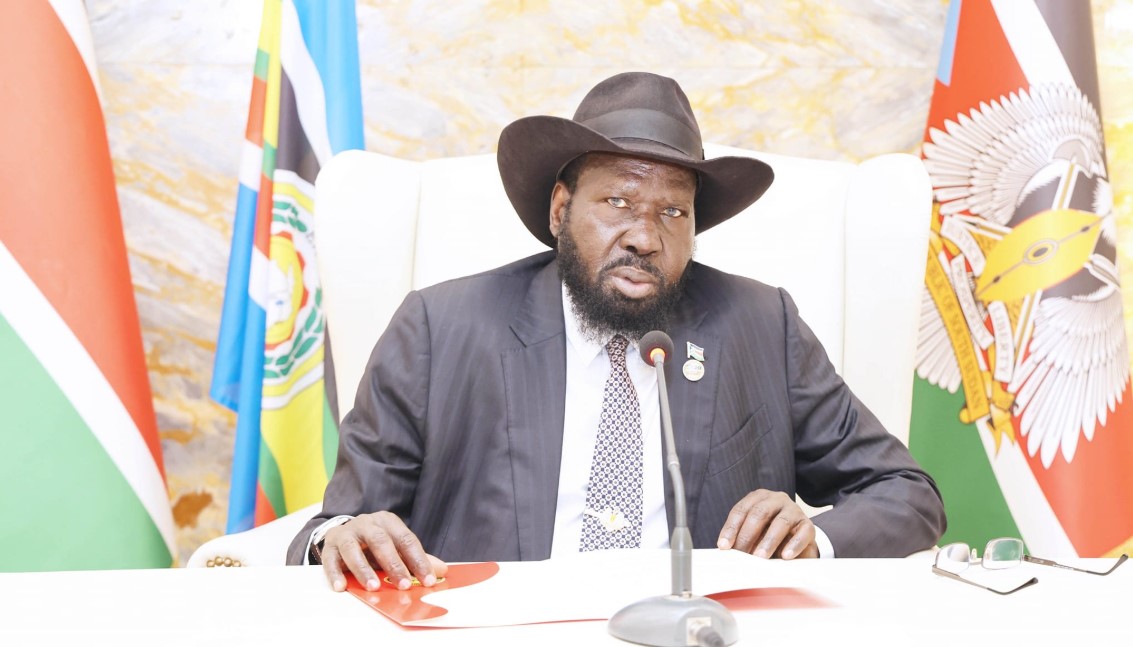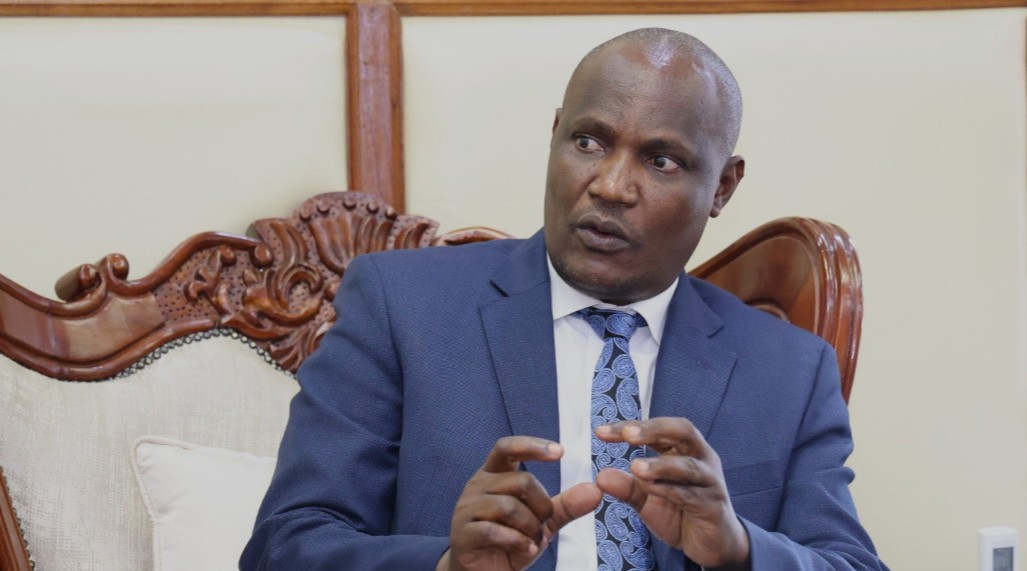Counties can only fund pre-primary and polytechnic education, says CoB Nyakang'o
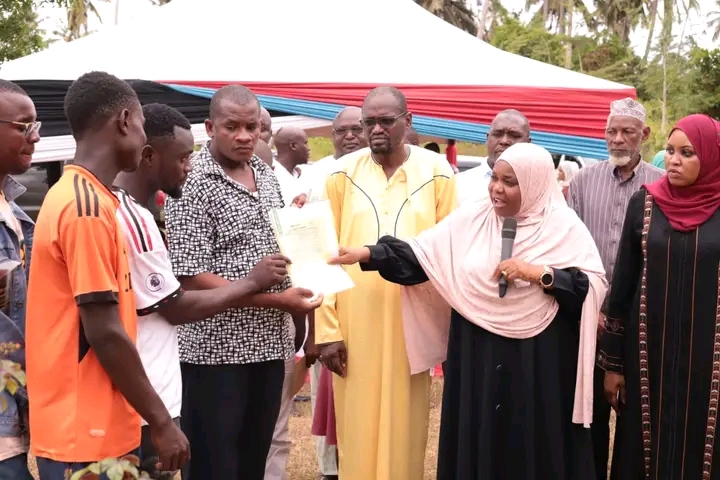
Nyakang'o urged counties to ensure compliance with these legal provisions to promote prudent use of public funds.
The Controller of Budget (CoG) Margaret Nyakang'o has clarified the roles of county governments in providing education support, emphasising the legal boundaries outlined in the Constitution.
In a letter dated January 14, 2024, Nyakang'o said that counties are only permitted to offer bursaries for pre-primary education, village polytechnics, home craft centres and childcare facilities, as these fall under their jurisdiction.
More To Read
- From classrooms to shelters: Gaza children face third year without education
- HELB extends student loan application deadline
- MPs demand probe into Sh373m stalled amphitheatre project at University of Eldoret
- Funding cuts could push six million more children out of school, warns UNICEF
- KUPPET demands release of capitation funds amid cash crunch in schools
- Government disburses Sh23.16 billion to university, TVET students
Nyakang'o explained that primary, secondary, and tertiary education remains the responsibility of the national government under Part I of the Fourth Schedule of the Constitution.
For counties to offer support in these areas, they must enter into intergovernmental agreements as required by Article 187 of the Constitution and the Intergovernmental Relations Act.
"Any requisition for withdrawal of funds to perform functions categorised as national government functions must be accompanied by the requisite intergovernmental agreement as prescribed by law," she stated.
The letter was addressed to all county executive committee members for finance.
Nyakang'o urged counties to ensure compliance with these legal provisions to promote prudent use of public funds.
In August 2024, Members of Parliament proposed the consolidation of all bursaries, scholarships, and Higher Education Loans Board (HELB) loans into a single fund to streamline the financing of education in Kenya.
The proposal was discussed during a Speaker's Kamukunji meeting chaired by National Assembly Speaker Moses Wetang'ula.
The MPs argued that merging the funds would address inefficiencies and reduce corruption risks present in the current fragmented system.
They pointed out that the existence of multiple education funds — managed by MPs, members of county assemblies, Woman Representatives, the University Fund (UF), HELB, and the Ministry of Education — has resulted in unnecessary duplication and bureaucratic delays.
Changamwe MP Shimbwa Omar Mwinyi, who initiated the proposal, said consolidating the resources would alleviate the stress on both parents and students.
Mwinyi, who received strong support from his colleagues, said the burden of financing education has contributed to social issues, including cases of suicide among students and the strain on parents.
Wetang'ula, who echoed these sentiments, noted that merging the funds would prevent individuals from seeking financial assistance from multiple sources.
"All these resources come from the same source. The MCAs, Women Representatives, MPs, and governors are all providing bursaries. HELB and universities are also disbursing funds, and private providers and banks are offering scholarships and bursaries. Even if you give students in Band One more money to cover their studies, the same parents will still go to the MCA, MP, Women Representative, and governor, collecting money from everyone for the same course," he said.
In response, Education Cabinet Secretary Julius Ogamba welcomed the idea of collaboration, adding that combining the public resources, will enhance equity and affordability in education and strengthen efficiency by eliminating wastage.
Top Stories Today

